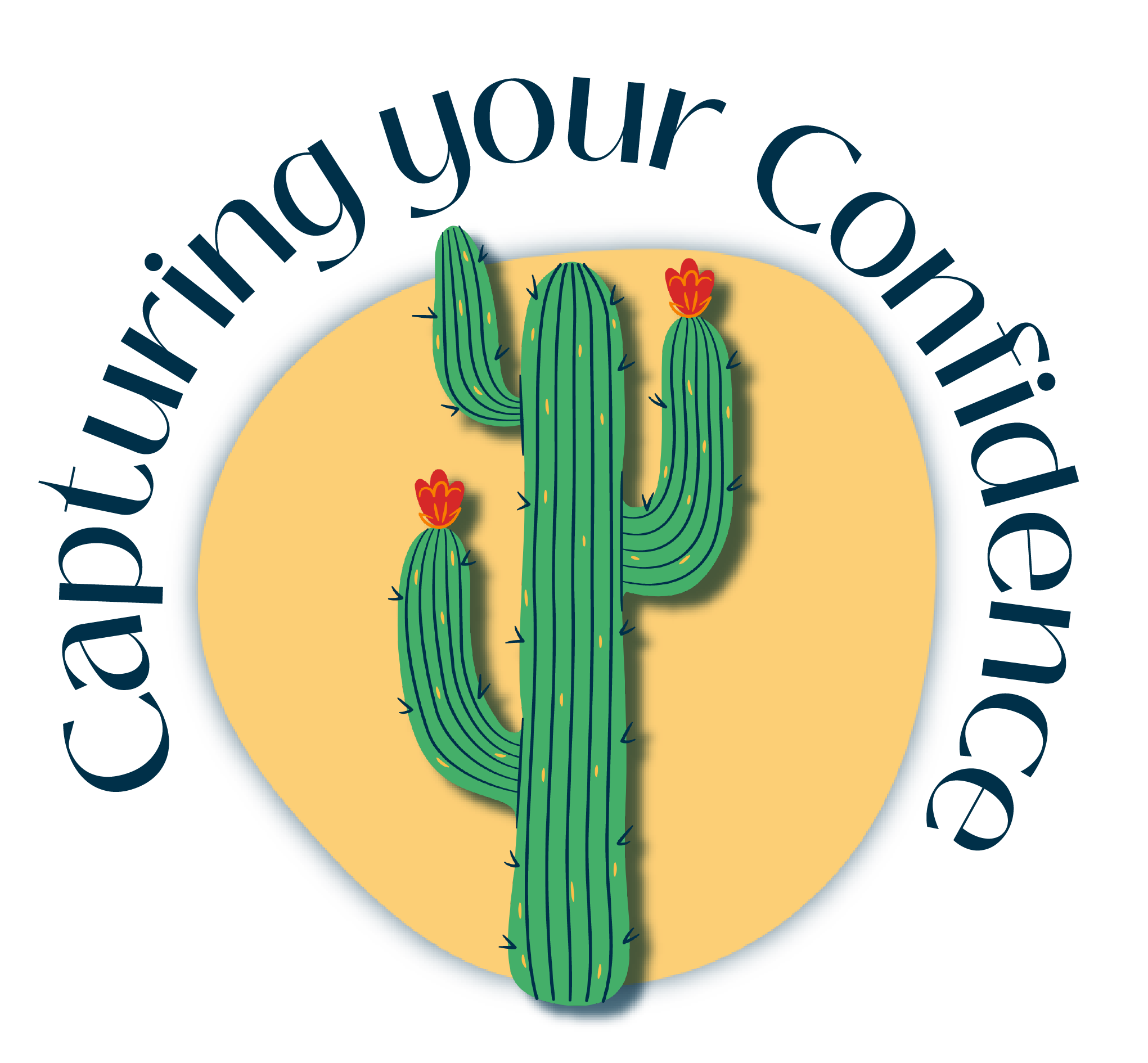Research & Creativity: Friends or Foes?
You’ve probably heard of the left-brain vs. right brain binary, right? People who are more “left-brain” oriented tend to be more logical and grounded in facts while “right-brain” people are dreamers and creatives.
There is often a similar thought about research and creative work. If you’re a scientist in a hard science, say, Biology, people probably think of you as a researcher, aka someone who is not very creative. You like fact-finding and getting to the black and white “truth.”
On the other hand, if you’re a creative writer, for instance, people probably don’t think of you as a researcher. You like creating new worlds or exploring the world we live in from another angle, not figuring out whether those things would actually be possible in “real” life.
Here’s the thing about generalizations, though. They always miss important details!
If you’re that scientist, you have to be creative to solve problems in the lab. If you’re researching how to solve a disease and you run have run out of ideas, you’re not just going to stop trying, right? You’d have to look outside the normal realm of possibilities or look at your current possibilities in a different light.
On the other hand, if you’re going to be a successful creative writer, that requires research, too. It’s not necessarily the same kind of research as a scientist, but you do have to know about the setting you’re writing to make it believable and factual. This is especially true if you write nonfiction about places or people. Your audience will call you out faster than you can say, “Wait, let me fix that” if you don’t research well enough.
So, are research and creativity foes?
Nope! How do we know?
Science doesn’t support this. Upcoming scientists are encouraged to do creative research, and why not? The old adage “necessity is the mother of all invention” is a proverb you’ve probably heard - and it’s true. All solutions start with a problem that has to be solved, and most times the answer doesn’t just appear out of nowhere (even though we wish it would).
Creative research is actually a whole field of study. We’re finding more and more that creativity is essential to research. If you are researching extensively and can’t find a specific guide or resource, you’ll probably have to put that information together and write about it if you want to reference that information again easily.
Personal experience. If you’ve been to college, or (especially) grad school, you know that you have to be creative to do good research. In English we write about super obscure topics that might have less than 10 experts in the field...in the WORLD. You have to be able to think creatively to find an academic niche and join that conversation.
If they’re not foes, are they friends?
Absolutely! How do we know?
They need each other. Most good research has at least some creative aspects, and most good writing has at least some research.
Many times, the best solutions and creations use both. We have a lot of conveniences now, but it wasn’t always like that! It’s hard to remember a time without GPS and the internet, let alone without wheels. But all of these things were new once, which means some smart people had to do creative research and problem-solving.
Personal experience. Have you seen any academic titles recently? Most times, they are long, include a colon, and try to be intriguing and/or actionable. At least that’s how we do it in the humanities. One of my last grad school papers was called “Confidence in the Classroom: Identifying Instructional Strategies in First Year Composition.” Even books have these kinds of titles - we read one of these types during my last semester called Cities of Affluence and Anger: A Literary Geography of Modern Englishness by Peter Kalliney. If these don’t highlight the creativity and research combo I don’t know what would.
So why do we think of these processes as mutually exclusive?
We learn one definition of research and one definition of creative in school and don’t revisit those ideas as we get older.
We tend to work largely in one field, and don’t often know how (or look closely) at other fields to know differently.
We learn about the left-brain/right-brain idea and don’t stop and question it. Science doesn’t support this one either!
We might tend to excel in one aspect and not pursue the other because we find what we’re good at and passionate about.
What do you think? How have research and creativity interacted in your life?
I’d love to hear about it!


